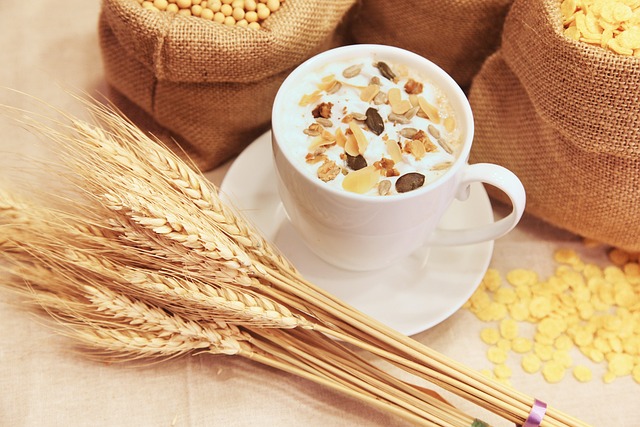Probiotics 101: Everything You Need to Know for a Healthy Digestive System
Probiotics are live microorganisms that provide numerous health benefits when consumed in adequate amounts. These
beneficial bacteria and yeasts can be found in certain foods or taken as supplements.
How Do Probiotics Work?
Probiotics work by restoring the natural balance of bacteria in your gut. Your digestive system is home to billions
of bacteria, both good and bad. Factors such as poor diet, stress, medication use, or illness can disrupt this
balance, leading to digestive issues.
When you consume probiotics, they help replenish the good bacteria in your gut, promoting a healthier digestive
system. Probiotics can also inhibit the growth of harmful bacteria, improve nutrient absorption, support the
immune system, and reduce inflammation.
Types of Probiotics
There are several types of probiotics, but the most common ones belong to two groups: Lactobacillus and
Bifidobacterium. Lactobacillus is found in fermented foods and yogurt, while Bifidobacterium is commonly found in
dairy products.
Other probiotic strains include Saccharomyces boulardii, Streptococcus thermophilus, and many more. Each strain
offers different health benefits, so it’s essential to choose the right probiotic for your specific needs.
Benefits of Probiotics
Probiotics offer various benefits that contribute to a healthy digestive system and overall well-being. Some of the
key advantages include:
-
Improved Digestion: Probiotics help break down food and enhance nutrient absorption,
preventing digestive issues such as bloating, gas, or constipation. -
Boosted Immune System: The majority of the immune system resides in the gut. By promoting a
healthy balance of bacteria, probiotics support immune function and help defend against infections. -
Reduced Inflammation: Certain probiotic strains can help reduce inflammation in the gut,
minimizing the risk of inflammatory bowel conditions like Crohn’s disease or Ulcerative colitis. -
Improved Mental Health: Emerging research suggests a link between gut health and mental
well-being. Probiotics may help alleviate symptoms of anxiety, stress, and depression.
Sources of Probiotics
Probiotics are naturally present in various fermented foods. Adding these probiotic-rich foods to your diet can be
an excellent way to maintain a healthy gut. Some common sources of probiotics include:
- Yogurt
- Kefir
- Sauerkraut
- Kombucha
- Kimchi
- Miso
- Tempeh
When choosing these foods, it’s important to ensure they contain live cultures and have not been heat-treated, as
heat can kill the beneficial bacteria.
Probiotic Supplements
If you find it challenging to incorporate enough probiotic-rich foods into your diet, supplements can be a
convenient alternative. Probiotic supplements come in various forms, such as capsules, tablets, or powders.
When selecting a probiotic supplement, look for those that contain a variety of strains and have a high number of
colony-forming units (CFUs). CFUs indicate the number of viable bacteria and yeast present in the supplement.
Choosing a reputable brand from a trusted source is also crucial to ensure quality and efficacy.
Probiotics and Prebiotics
While probiotics







